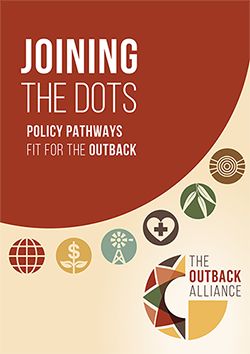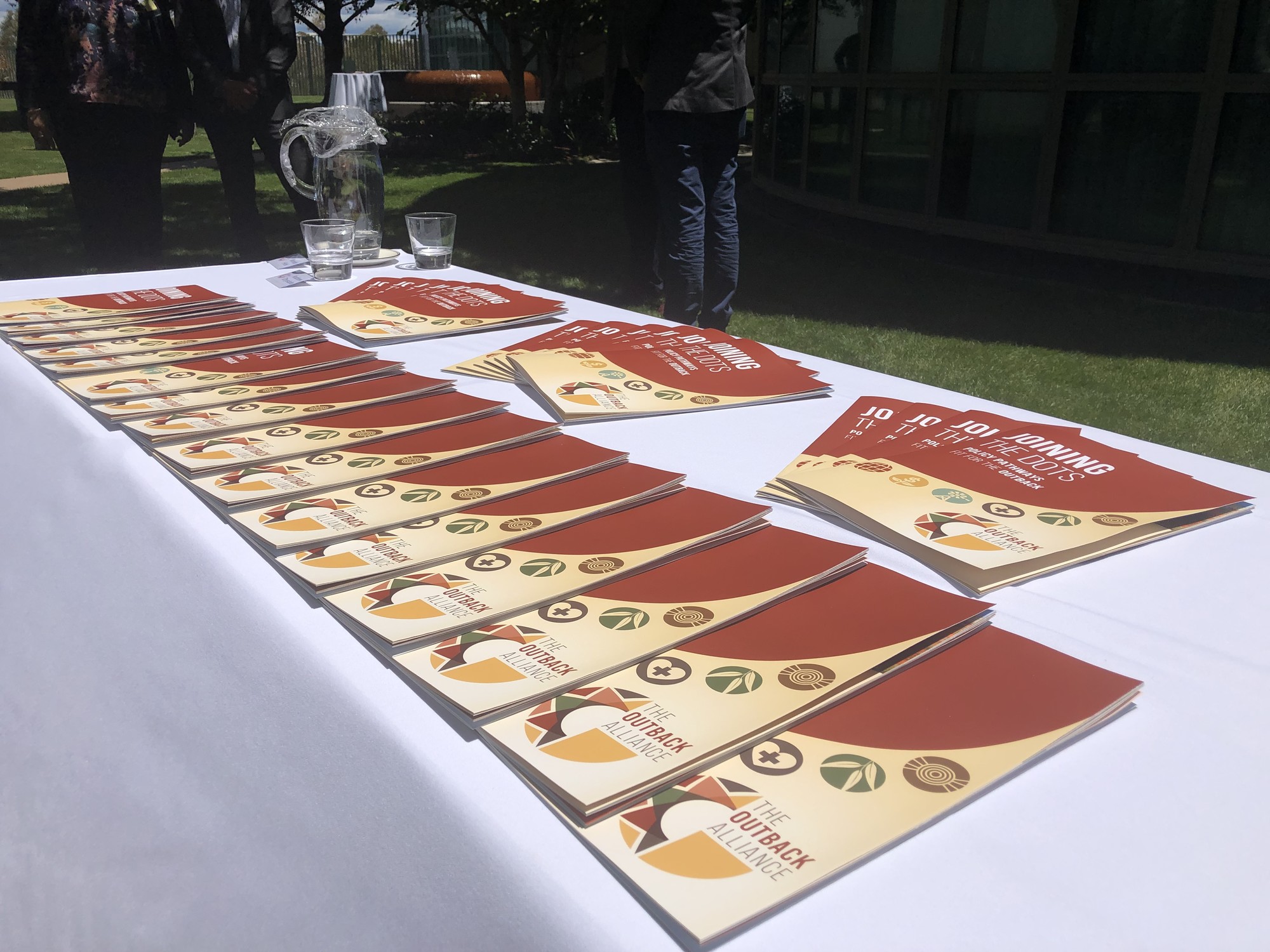
The Outback is an extraordinary place. It encompasses more than 70 per cent of the Australian continent, however less than four percent of the population lives there. It generates a considerable portion of Australia’s wealth, while also being one of the few great natural places remaining on the globe.
A thriving Outback is good for all Australians. The Outback is fundamentally different from regional and urban Australia, however it is no less essential for Australia’s economic development and global reputation. Boom and bust cycles of nature, new and ancient cultures, extremes in wealth and poverty, declining human and native species populations, complex systems of land tenure and mythological status all contribute to the Outback’s unique characteristics.
It is vital that anyone interested in the Outback makes the necessary shift in thinking required to understand it from the perspective of the people who live there. For them, the Outback is not a far-off or isolated place, it is the centre of culture and stories for many families and groups. It is a complex place of multiple connections, networks, layers of history and locations with deep cultural meaning. Recognition of these connections, their centrality to families and their role in the practice of customs, culture and management is central to the work of the Outback Alliance.
This Outback Alliance have produced a report that introduces six key thematic areas of focus, highlighting the extent to which they are intertwined, of equal importance and in need of equal attention.

